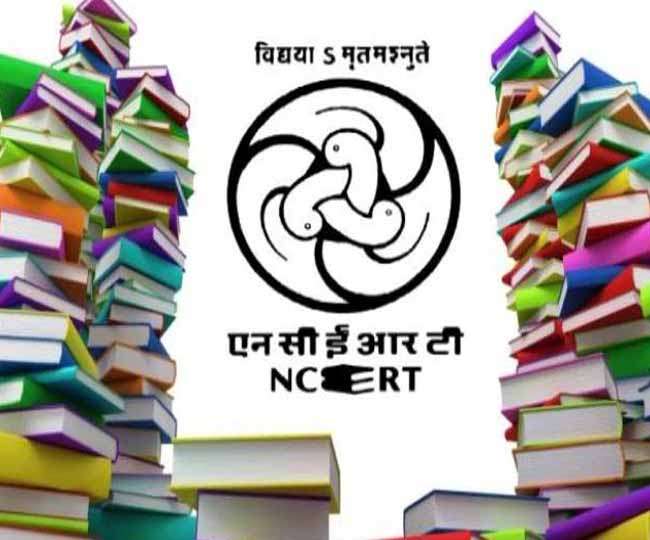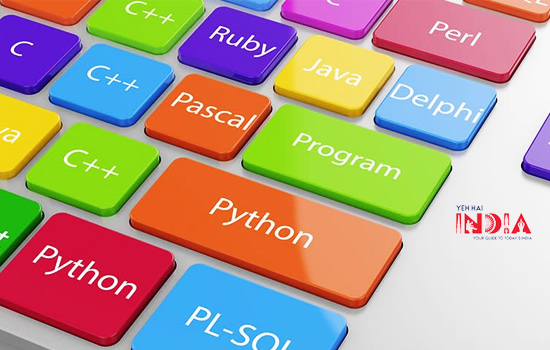Strategy for UPSC Prelims
Prelims 2020 is round the corner, going to be held on 31st May 2020 (If Covid-19 permits). Serious aspirants must be feeling the heat. The newcomers are yet to experience the thrill of going to the exam hall for your very first prelims. Let the truth be told – UPSC is quite unpredictable. It doesn’t matter if you are a first time aspirant or the 5th time, UPSC is fair for each one of you. While it will have questions even Einstein couldn’t solve (Did he propound the Expansion Theory though? UPSC thinks so – Prelims 2018), it will also have questions straight out of the Class 7th NCERT (Ibadat Khana – Prelims 2015).
So, how do we prepare for these unpredictable questions? Should be read everything under the sun, everything that ever existed since the Precambrian Era?
No, actually.
You should study what
you CAN afford to study – NCERTs and some standard books, and some videos to
watch.
Here are 10 books or resources that you need to complete, revise, re-revise, and re-re-revise to make sure everything gets stuck to your head.
- New Ncert History (Class VI – Class XII)
- New Ncert Geography (Class XI-XII)
- Indian Polity – Lakshmikant (Newest Edition)
- Economy – Mrunal Videos (Free, study the basic 7 pillars) + Class XI-XII NCERT
- Environment – Shankar IAS would make you understand the basics. But expect to learn more only from test series.
- Culture – Class XI-XII Ncert
- Modern India History – Spectrum by Rajiv Ahir.
- Preparing for Current Affairs – Newspaper, Magazines, Daily current affairs +PIB (Insights)
- Economic Survey
- Budget summary
This is it for the beginning. Just make sure you know each and everything from the above-mentioned books. 6-8 months would be enough if you are dedicated enough. Don’t start making notes in the beginning. First, absorb them and get used to them, read them like a story. Read them as if they are something you wanted to read for so long since school.
This is how you fall in absolute love with the syllabus. Once you get a knack of the above-mentioned subjects, start solving a test series. Many in the market (online and offline) are doing well, with Insights on India and IASBaba.com to name a few. Don’t think you’d start solving the test series later when you’ve completed everything. Instead, solve them, even if you get fewer marks in them.
How to read Current Affairs from Newspapers?

Gone are the days when people’s questions from the current section were asked from the preceding three months (as happens in CDS) or even a year. UPSC has proved each passing year for the last four years that it can ask anything from anywhere, no matter if its Post-Independence Chronological events (UPSC 2019 Prelims) to Indian Ocean Naval Symposium which started in 2008 (UPSC Prelims 2017).
So, instead of reading everything under the sun, stick to only one source and the test series to get used to the current events. This includes reading the Editorial section of leading newspapers like The Hindu, Livemint, and Indian Express (it’s completely okay if you wish to read only one newspaper, go ahead!). After you are done with critically analyzing topics from the newspaper, go through the daily current affairs of any leading website, and re-revise.
Some websites also give the option to attempt daily current affairs quiz which can help you get used to the pattern in which UPSC asks questions.
- Now, at the end of the month, you’d get hold of some modules in the market on current affairs.
- Keep revising these modules of one year span.
- For example, if your exams are in June, do the current affairs from 1st June from the preceding year to May 15th next year.
- Most of all, rely on solving test series to know that you remember the current events.
How to prepare for UPSC Civil Services Mains?
Often people get confused when they start preparing for the exam. The self-doubt concerning the simultaneous preparation for the whole cumulative syllabus of UPSC Civil Services (UPSC CSE). This includes not only knowing the trivial details but also includes knowing the depth of a range of things.
When we speak in-depth, it means that there should be a way to integrate the study of both Prelims and Mains for UPSC CSE. This includes not only knowing when the Three Battles of Panipat were fought and between whom, but you must also know “Why three Battle of Panipat was fought in Panipat?”
Confused? Let’s make this simpler with another example.
UPSC may ask you if “Bose-Einstein Condensate” is the fifth state of matter and ask if it’s true or false, but in Mains, he would ask you WHAT Bose-Einstein Condensate is (UPSC Mains 2018).
Through a thorough understanding of the Mains syllabus, you’d get an idea about what an ‘integrated way’ of studying UPSC CSE is.
UPSC CSE Main Exam Syllabus
As per the latest pattern, there are 4 GS Papers to be attempted, along with 2 optional papers, 1 essay paper, and 2 language paper (Qualifying in Nature)
- Each of the papers is of 250 marks.
- Currently, UPSC asks 10 questions of 10 marks (150 words) and 10 questions of 15 marks (250 words)
- Optional has 8 questions divided into 3 sections, of which 5 questions need to be attempted, (First section compulsory, and one question in each section compulsory)
- Qualifying papers (English + Any language paper from Schedule VIII of the Indian Constitution)
Resources to prepare for the exams
- You have to study the same things plus some other sources to study for UPSC Mains.
- This includes topics like Disaster Management, International Bodies, Agriculture, Optional Papers, and GS – IV.
- GS – IV reads Ethics, Aptitude, and Integrity as its topic and various subtopics.
- The questions consist of descriptive portions, quotes from thinkers, questions about philosophies, case studies, and various other questions that test the person’s aptitude through his answers.
- Please note that writing one test series is very important to get an idea about how to write answers in the real exam.
- Writing 1500+2500 = 4000 words in the three-hour spree is NOT an easy task and requires to be both a critical analyzer, as well as an optimistic soul.
- Similarly, it is really important to understand how you wish to attempt the Essay paper as it has questions which are both Dynamic and Philosophical topics, as well as topics based on Syllabus/Current Events/General Studies.
Details on preparing for UPSC Civils Services Interview will come soon so stay tuned. Between, how did you like this article? Let us know in the comment section.










Thank u sir it’s really helpful
Thanks. its really helpful
Hello Nitish, I want to get start here. Serioisly speaking i have no idea of what UPSC will have to crack the exam. Please walk me through from step-0.